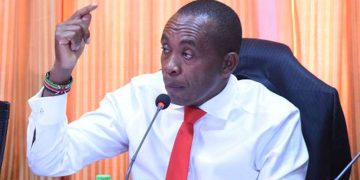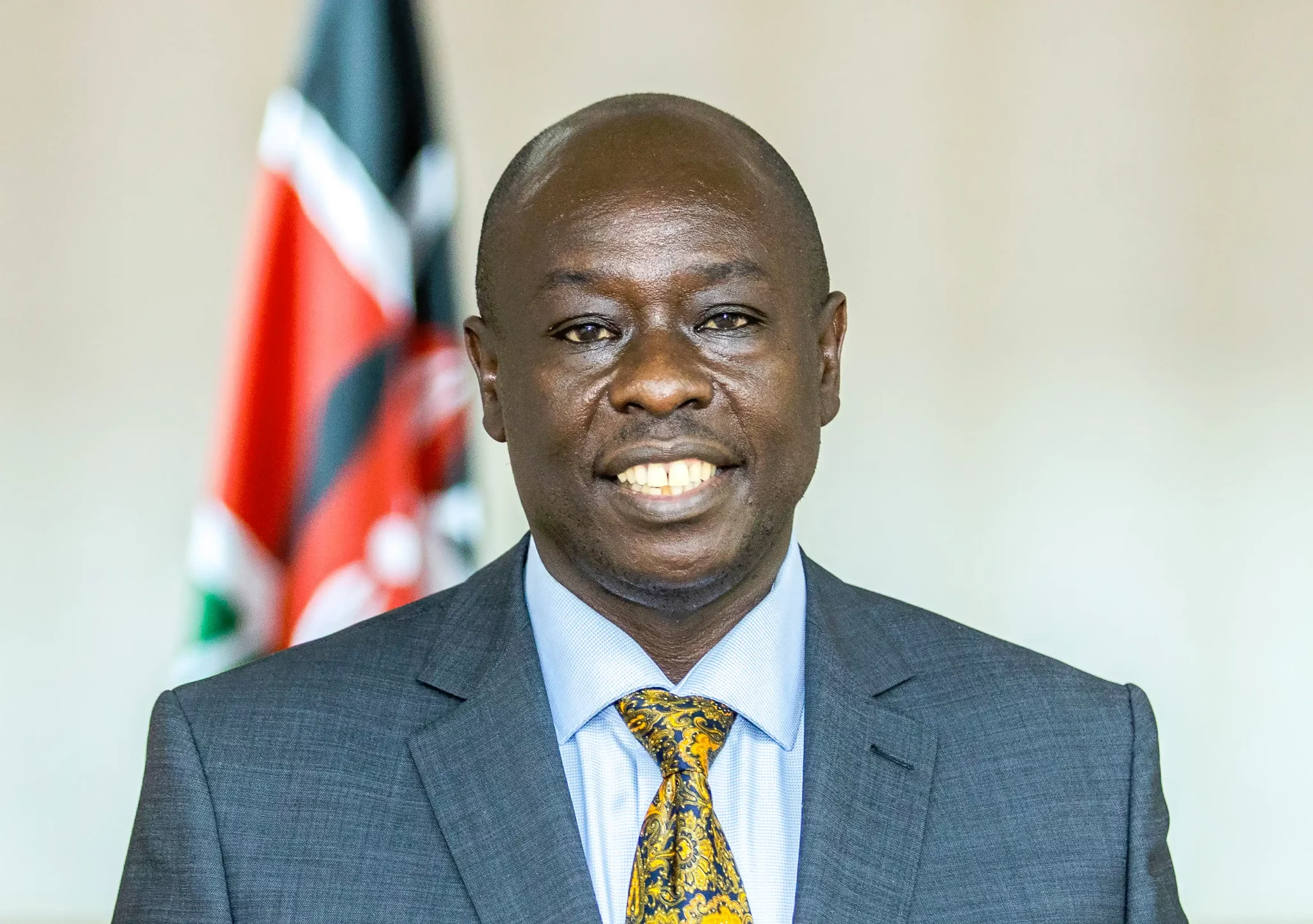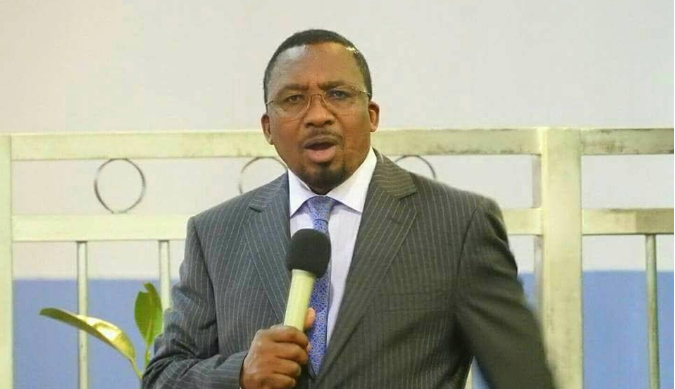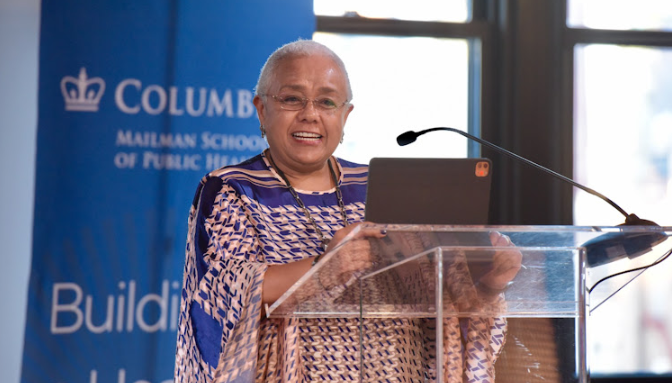Kenyan taxpayers contributing to the government’s Housing Levy Fund should not expect automatic homeownership or refunds, according to Cabinet Secretary for Lands, Public Works, Housing, and Urban Development Alice Wahome.
The clarification, which has caused widespread debate, comes as the government continues to roll out its ambitious affordable housing program.
Housing Levy: Tax or Savings?
The Housing Levy, a 1.5% deduction from an employee’s gross salary matched by employers, has been previously framed as a savings scheme.
Principal Secretary for Housing and Urban Development Charles Hinga had earlier assured contributors that they would either secure a home or receive their contributions back with interest after seven years if they opted out.
However, CS Wahome has now stated that the levy functions as a tax, meaning there is no direct entitlement to a house or a refund.
This contradicts previous government assurances, raising concerns among workers who have been contributing to the fund.
“What you are contributing is not your savings, you are contributing a tax… A levy is a tax just like the road levy—it’s not for owning a road or a house. You contribute to the pool to build houses for Kenyans to access,” Wahome clarified during a media interview.
How the Housing Programme Works
Despite the contributions, accessing an affordable housing unit is not automatic. The government is allocating houses through the Boma Yangu platform, where applicants are assessed by the Affordable Housing Board before being assigned a unit.
Once allocated, beneficiaries must pay a deposit and continue payments on a rent-to-own basis over a period of up to 30 years.
For example:
A studio apartment costing Ksh 640,000 requires a 10% deposit (Ksh 64,000), followed by monthly payments of Ksh 3,900.
A one-bedroom unit valued at Ksh 960,000 has a Ksh 96,000 deposit, with monthly repayments of Ksh 5,350.
Buyers can also make one-off payments if they can afford the total cost upfront.
The housing units fall into three categories:
- Social housing – the most affordable units.
- Affordable housing – mid-range pricing.
- Affordable middle-class housing – priced higher than the other two categories.
Massive Demand for Affordable Housing
The government aims to deliver 840,622 units across different regions, with 550,000 Kenyans already expressing interest in securing homes. The first 4,888 units will be available for allocation next month, with the Mukuru project being the largest, comprising 13,248 housing units.
Allocation will be done on a first-come, first-served basis, prioritizing those who have applied and selected preferred units through the Boma Yangu portal.
To support the program, the government has identified land for development and is inviting private developers through Public-Private Partnerships (PPPs).
Uncertain Future for Contributors
With contributions estimated at Ksh 65 billion annually, the Housing Levy is a significant financial commitment for Kenyans. However, the government’s shifting stance—from portraying the fund as savings to now calling it a tax—has left many contributors uncertain about whether they will ever see returns on their deductions.
As the affordable housing initiative unfolds, the biggest question remains: Will the Housing Levy truly benefit the average Kenyan, or is it just another tax with no direct rewards for contributors?












































